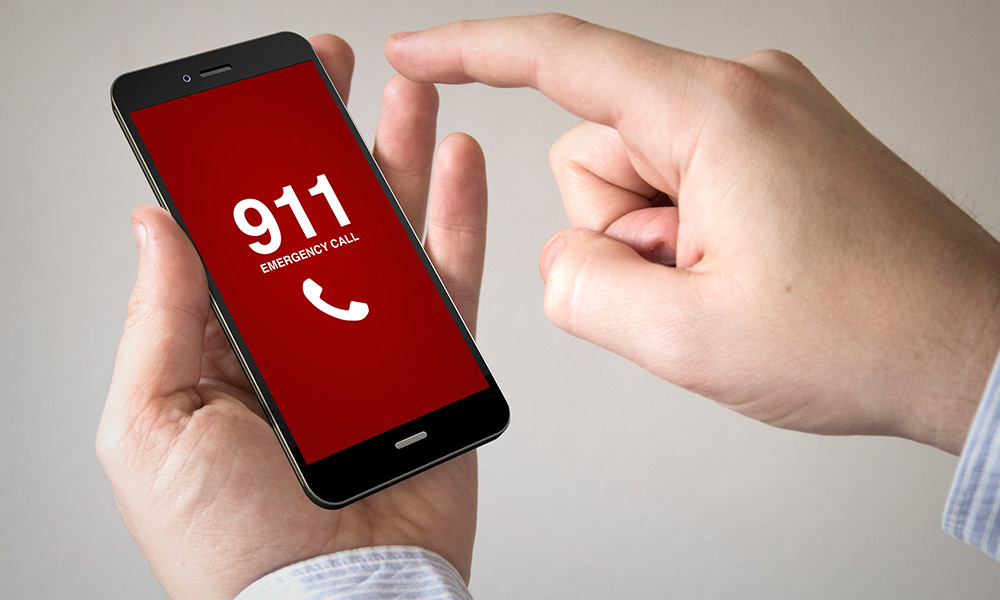
911 Outages Show Need for System Upgrades, Group Says
Two recent outages of the 911 system—one national, one local—highlight the risks of failing to modernize emergency call systems, according to the National Emergency Number Association.
The 911 system has had a rough couple of weeks, and the National Emergency Number Association (NENA) says it’s time for some critical upgrades.
Earlier this month, AT&T suffered 911 outages in at least 18 states and the District of Columbia, with callers getting a busy signal rather than reaching emergency operators. The outage prevented 911 calls through the system for roughly three hours before it was remedied, leading to an FCC investigation.
Separately, ongoing technical problems in Dallas are said to have led directly to a tragedy. A 6-month-old boy died after a babysitter was unable to reach a 911 operator, instead reportedly being placed on hold for more than 30 minutes. Originally, according to Ars Technica, the city government blamed “the ongoing T-Mobile ghost call issue”—where a caller’s phone repeatedly dials 911 while he or she is on hold—but later the city and the mobile provider clarified that the issue was actually with Dallas’ emergency system failing to properly handle abandoned calls from T-Mobile.
Either way, the two incidents highlight a problem that NENA has long been working on: the need to upgrade emergency call systems. Last year, the association pointed out that funding shortfalls were causing upgrade delays, noting that it’s easier for an Uber driver than a 911 dispatcher to find a home.
In comments to the Associated Press, Trey Forgety, NENA’s director of government affairs, suggested that the traditional approach to handling emergency upgrades, designed for a landline world, is no longer working—especially as issues like cybersecurity are likely to become problematic for emergency lines.
“We have got to make the transition quickly because the longer we stay in this transitional state with one foot in the landline world and one foot in the IP, or internet, world, the more vulnerable we’re going to be,” Forgety said.
(iStock/Thinkstock)






Comments